 |
| Bruno Heinen Carlotta Cardana |
Pianist BRUNO HEINEN will be launching a new solo album Mr Vertigo at Kings Place on 29 March. He talked about the project, which is connected to a doctorate – nearing completion – in which he is looking at building a solo language encompassing improvised counterpoint, and using the solo work of Fred Hersch as its starting point. Interview by Sebastian:
LondonJazz News: You are from such a deeply musical family. Was any other career choice ever possible?
Bruno Heinen: Growing up with music around me, it was perhaps the only career choice. We didn’t have a television at home, and spent most of our time playing music, games or listening to vinyl. I was always into painting, and this was perhaps the only other option for me. I only did two A-Levels – music and art (much to the despair of my head teacher at the time). At 18 I had to make a decision between the two, and in the end music won out.
LJN: Your new solo CD on the Babel label is called Mr. Vertigo. Why that title?
BH: The title track of the album is named after the book of the same name by American writer Paul Auster. It’s a fable about a boy who is put through a series of tasks by his master in order to learn to fly. One these tasks is enduring a living burial – my composition is a musical depiction of what I think that might be like. (see video below)
LJN: And the other tracks all have a story. The opening sounds on the album are very reminiscent of Debussy. Is there a connection with the centenary of his death next weekend?
BH: Yes – my Forgotten Images is inspired by the lesser-known Images Oubliées of Claude Debussy (1894), not published in its entirety until 1977. I discovered it during my classical studies years ago, and always wanted to do something with it. It is particularly inspired by Debussy’s remark in the forward of his composition: not for brilliantly lit salons … but rather conversations between the piano and oneself
LJN: And there is a playful György Kurtág- inspired track. Is keeping a child-like / playful spirit something important?
BH: Yes – Kurtág’s series of piano pieces Játékok is inspired by what children do when they first come to the piano. I have worked with children for many years, and am very passionate about my teaching. My composition draws on something I have observed very young students doing – playing with only the index finger on each hand. Improvising with only two fingers sounds restrictive, but I actually found it quite liberating.
LJN: The album is not just a solo acoustic piano project. What other instruments are on it?
BH: Well the only two instruments on the album are piano and Rhodes. However, I explore overdubs and post-production techniques on some tracks. I also improvise alongside an original Stockhausen music box given to my parents when they were working with Stockhausen in the 70’s in Germany. The piece follows on from my sextet release exploring the whole Stockhausen composition Tierkreis, which came out a few years ago. I also use some prepared piano on one of the tracks on Mr. Vertigo.
LJN: And on Track 6 Mirage there is what sounds like a recording of piano played backwards. Is that right / what is going on in that track?
BH: Mirage is my exploration of an auditory depiction of the real against the imagined. I worked on this track with engineer Alex Kilpartrick, and we had a lot of fun with subtle post-production effects to achieve this. Yes – one of those techniques was to invert the wave form of some of the chords. My sister, the writer Nicki Heinen has also written a beautiful poem inspired by this piece which features in the notes of the CD.
LJN: Your last acknowledgement on the CD sleeve is to “the inspirational pianist Fred Hersch. You have been working closely with him what was the context.
BH: I used the solo work of Fred Hersch as a starting point for my doctoral studies into improvised counterpoint. I was lucky enough to have a funded trip to NYC to hear a week of his gigs at the Vanguard, Interview him, and play to him. I learned so much from talking to him – his innovations in using counterpoint as a freeing device, his concept of tension and release and the way he builds a solo have informed my solo playing no end.
LJN: What is the actual title of your Ph.D?
BH: “Counterpoint in jazz piano with specific relation to the solo work of Fred Hersch.”
LJN: And when do you expect to deliver the thesis?
BH: This September – fingers crossed!
LJN: How has getting stuck into the Ph.D changed you and your direction/ ambitions?
BH: Well, my primary aim with the PhD was to build a solo language. Before starting my doctorate I had never played a solo gig. Having done quite a few now, I feel this is something I want to continue and keep exploring. It’s also been great to have funded time to work on my music, and in particular to read around my subject. This is something I never quite found the time for, and have so enjoyed.
LJN: You also mention Pete Saberton and John Taylor. Do you have something they said in mind that remains inspiring?
BH: I feel very fortunate to have been taught by both of these masters of the instrument. Sabbo always surprised me. We had a short-lived two-piano project together after I finished studying with him. I remember doing a gig with him, and half way through the head of one of his (quite difficult) tunes, he shifted key up a semitone without any warning. He always had a great sense of humour about the music, which came out in his playing. This is what has stayed with me. John taught me a lot about playing solo. He told me never to plan a solo set to much. He always said that was the great thing about playing solo. If you changed your mind about playing a particular tune, or want to change a form, an intro or ending then just go for it.
LJN: Will the album launch concert at Kings Place necessarily diverge from the album? In what way?
BH: On this tour I am performing the pieces with overdubs live in concert. In other words I will be playing some of the pieces alongside pre-recorded material, which I am really excited about. There will also be a couple of tracks on Rhodes, as well as a reading of the poem I mentioned by Nicki Heinen. I’m really looking forward to it.
LJN: Last time I heard you, you were playing piano in a massively enjoyable Bernstein “Wonderful Town”, sharing the stage with the entire London Symphony Orchestra and chorus. Will you be completely alone on stage at the album launch?
BH: It was an amazing experience to work with the LSO and Sir Simon Rattle. Perhaps one of the most high-pressure gigs I have done. Yes, this time I will be completely alone on stage.
LJN: Is it too early to ask about your next album projects? Or have some of the earlier albums perhaps led to projects that have continued?
BH: I have a trio with two wonderful Italian musicians – fretless electric player Michele Tacchi and wonderful drummer Riccardo Chiaberta. We recorded quite a while ago in the ECM studio in Udine and are really happy with the results. We all write for the trio, and the music is inspired by cinematic themes. It will be coming out on Babel in the near future.
LJN: What else do you have in the pipeline?
BH: I recently played with Julian Siegel, Andrea Di Biase and Jon Scott at Ronnie’s, the quartet from my first album release some years ago: Twinkle Twinkle. It was so great to play with those guys again – I would love to do another record with that project. (pp)
LINKS: Kings Place bookings
Bruno Heinen’s website
Categories: miscellaneous


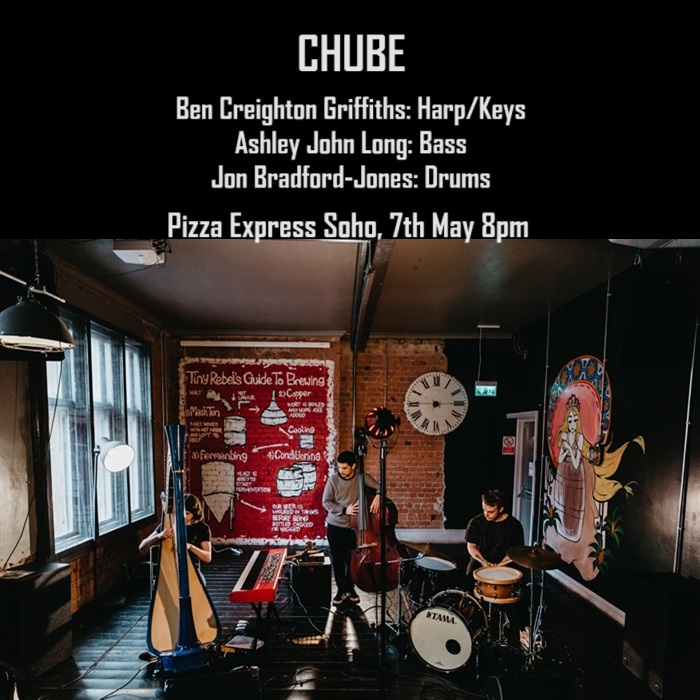


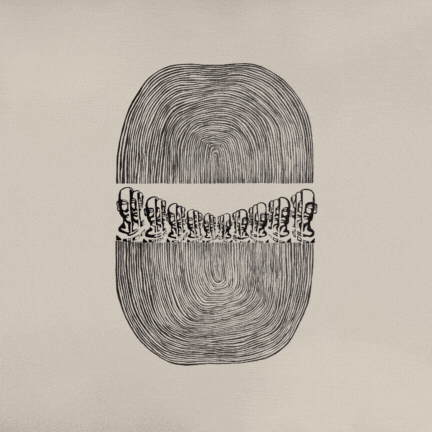

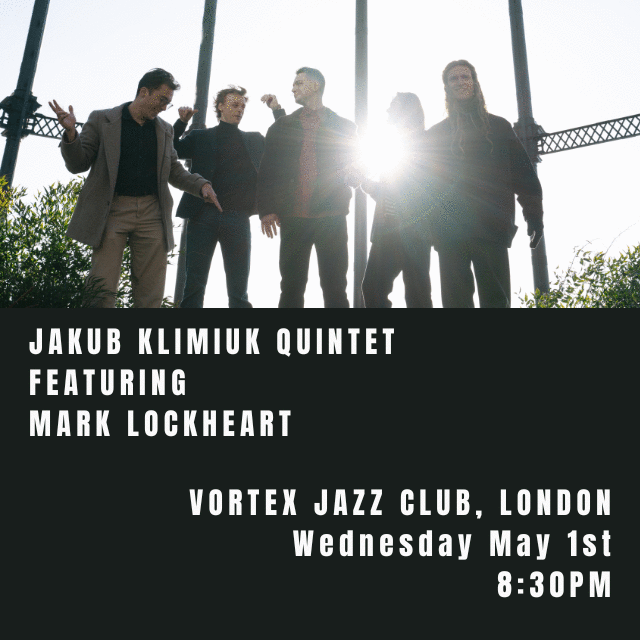
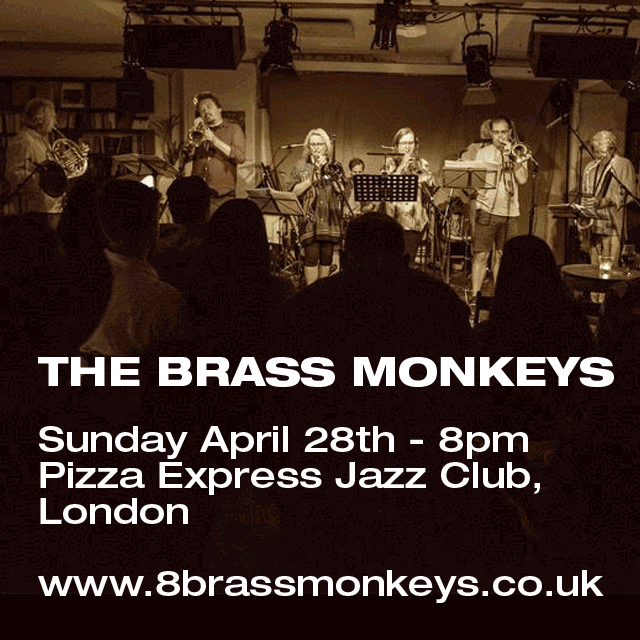
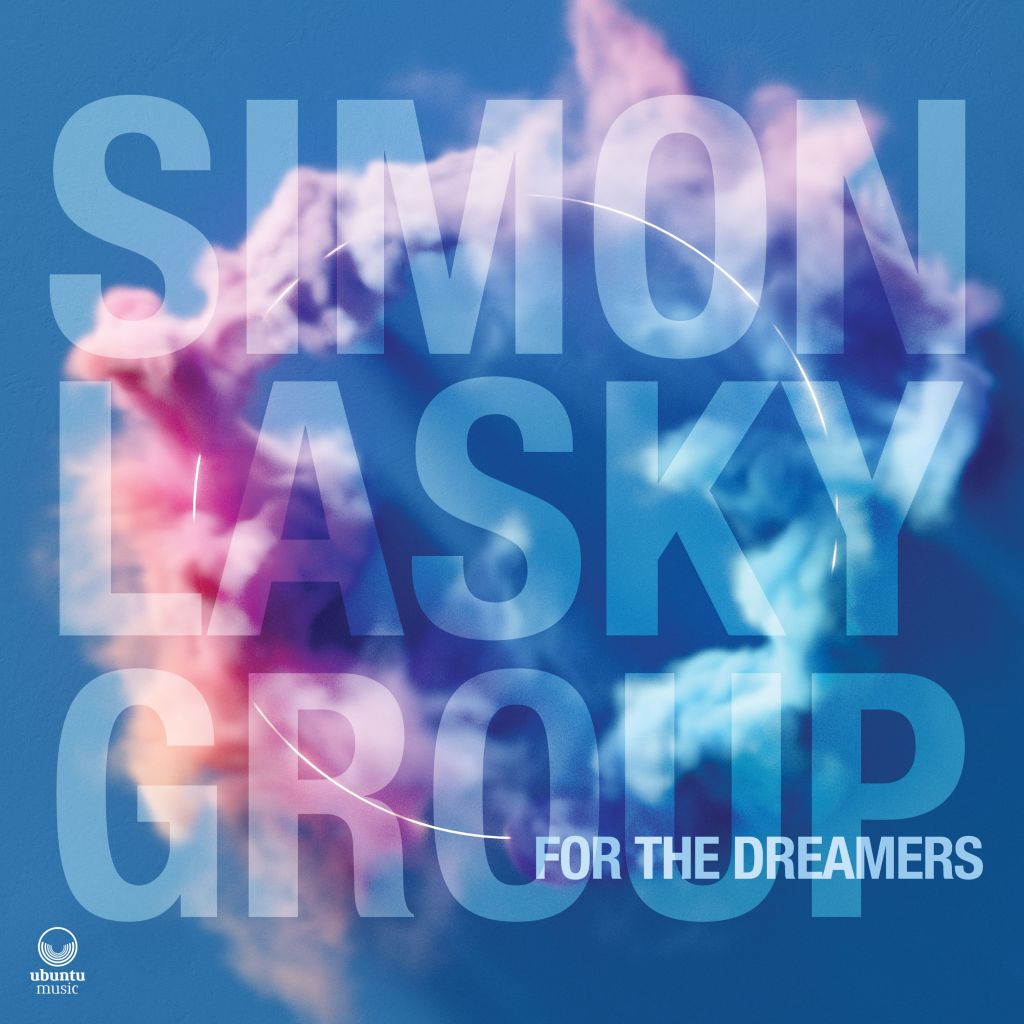
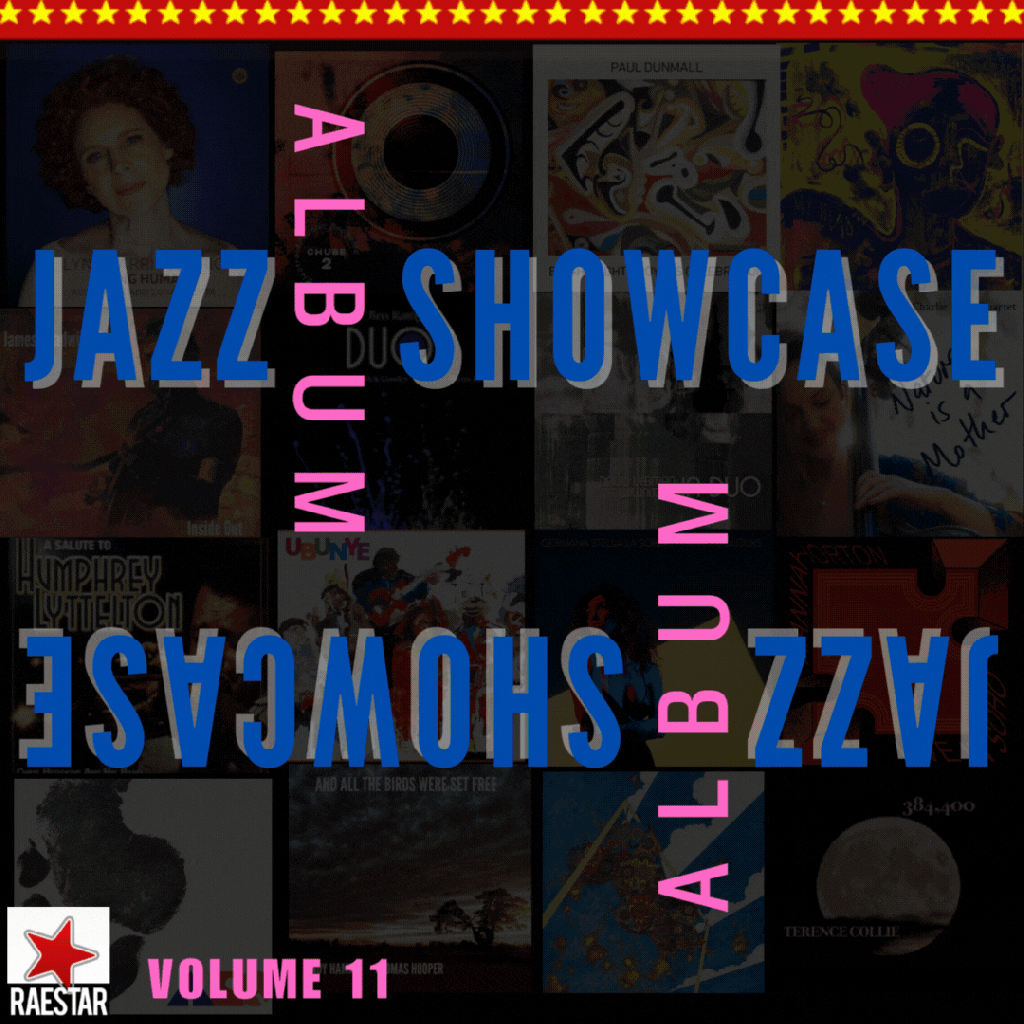

Recent Comments